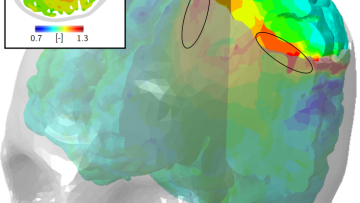17:00
“Knowledge gained by experience”: Olaus Henrici – engineer, geometer, and maker of mathematical models
Abstract
The (Danish-born) German mathematician Olaus Henrici (1840–1918) studied in Karlsruhe, Heidelberg and Berlin before making his career in London, first at University College and then, from 1884, at the newly formed Central Technical College where he established a Laboratory of Mechanics. Although Henrici’s original training was as an engineer, he became known as a promoter of projective geometry and as an advocate for the use of mathematical models. In my talk, I shall discuss the different aspects of Henrici's work and explore connections between them.


